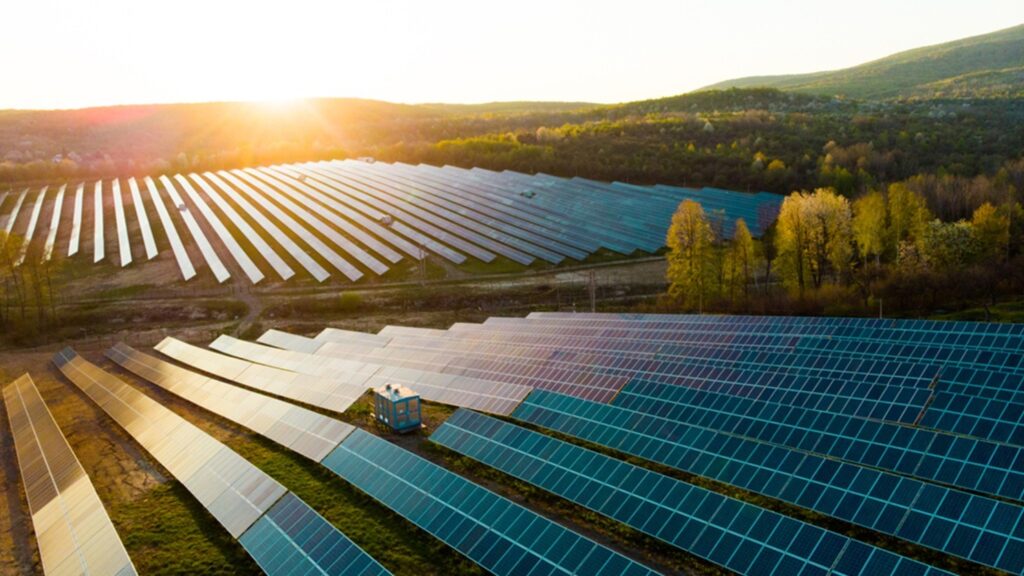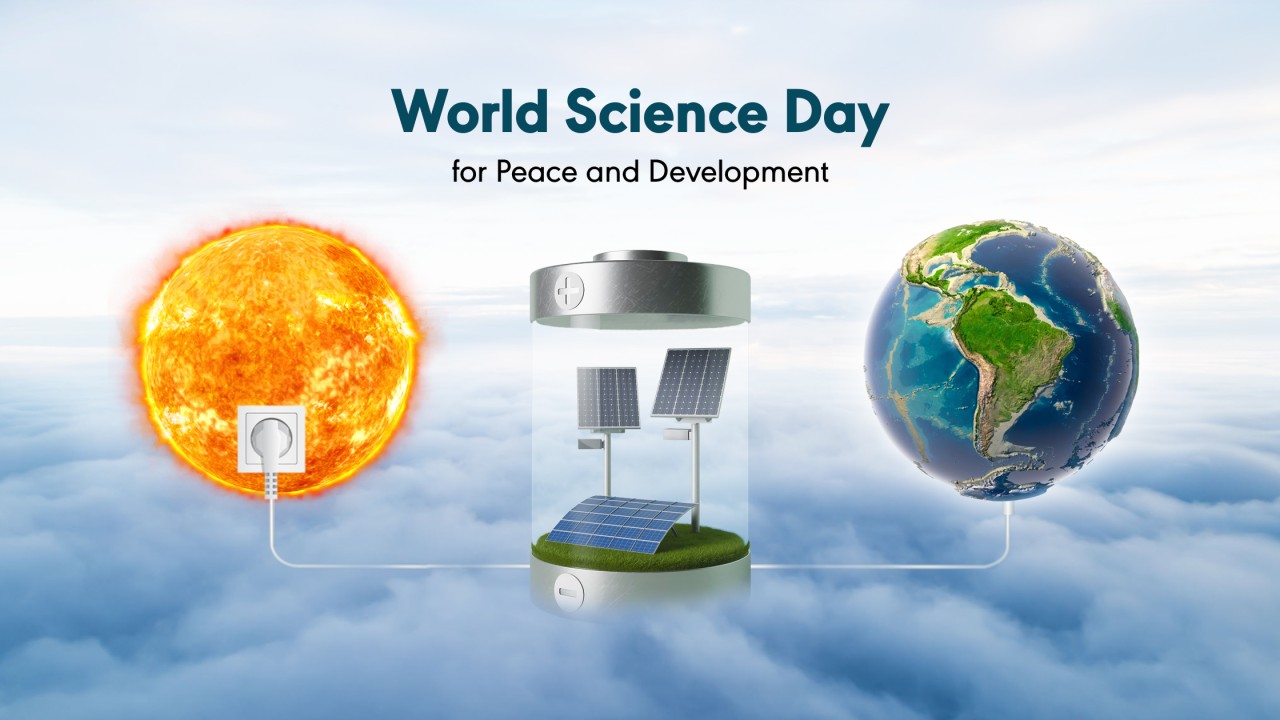World Science Day for Peace and Development: A reminder for adopting clean, solar energy
As the entire world is celebrating World Science Day for Peace and Development on November 10th, the discussions on growing environmental concerns and the role of renewable energy in sustainable development have once again captured the attention of the world.
The first World Science Day for Peace and Development was held on November 10, 2002, under the auspices of UNESCO. Many organizations, including governmental, intergovernmental, and non-governmental organizations, UNESCO National Commissions, scientific and research institutions, professional groups, the media, science teachers, and schools, have started participating in the event. The celebration honors science’s vital role in society and emphasizes the importance of including the general public in discussions about growing scientific concerns. It also emphasizes the significance and utility of science in our everyday lives.

World Science Day for Peace and Development strives to keep citizens informed about scientific achievements by bringing science closer to society. It also emphasizes the importance of scientists in increasing our understanding of the amazing, fragile planet we call home and in ensuring the sustainability of our communities.
An endeavor like this also adds a fresh viewpoint to the global pursuit of peace and development. It is worth considering that coal, oil, and natural gas, which are used to generate power, account for one-third of worldwide greenhouse gas emissions. It is critical to improving people’s living standards by providing cleaner and more reliable electricity.
If we look at environment and development conditions from India’s perspective, A endeavor like this also adds a fresh viewpoint to the global pursuit for peace and development. India’s energy demand is rising to meet the country’s current economic development ambitions. And we are already witnessing a dire crisis of our over-dependency on coal-based electricity.
To achieve sustainable growth and avert catastrophic climate change, there has to be a rapid and global shift to renewable energy technology. Renewable energy sources are critical for ensuring long-term energy security with lower emissions. Renewable energy technologies are widely acknowledged as having the potential to meet a considerable portion of electricity demand while also reducing emissions.

Clean energy is less hazardous and, in many cases, less expensive. India has created a sustainable energy supply plan in recent years. Citizens have been encouraged to conserve energy by promoting the use of solar and other forms of renewable energy. By 2022, India hopes to have 175 GW of renewable energy, out of which 100 GW will be coming from solar energy alone. India aims of achieving a 450-gigawatt non-fossil energy capacity of 500 gigawatts. India will increase its non-fossil energy capacity to 500 gigawatts by 2030; India will fulfil 50 per cent of its energy requirements from renewable energy sources by 2030. Between now and 2030, India will reduce its total projected carbon emissions by 1 billion tonnes, and by 2030; India will reduce the carbon intensity of its economy by 45 percent and India will achieve the target of net zero by 2070 as per the commitments made at the recently concluded COP26 summit.
Going solar is certainly the way forward. Navitas, a leading solar energy system provider is committed to leading India towards clean energy, with its highly reliable and quality solutions for a wide range of solar energy requirements.


 Online | Privacy policy
Online | Privacy policy
Related Posts
You May Also Like
Bonito Series: Driving Innovation in…
Read MoreTOPCon Series: The Next Generation…
Read MoreValuable Points to Remember During…
Read MoreNavitas Planet Partners with Hysolwin…
Read MoreDriving Towards a Sustainable Future:…
Read MoreWhy Do Top-Grade EVA Sheets…
Read MoreBonito Series: Driving Innovation in…
Read MoreTOPCon Series: The Next Generation…
Read MoreValuable Points to Remember During…
Read MoreNavitas Planet Partners with Hysolwin…
Read MoreDriving Towards a Sustainable Future:…
Read MoreWhy Do Top-Grade EVA Sheets…
Read MoreBonito Series: Driving Innovation in…
Read MoreTOPCon Series: The Next Generation…
Read MoreValuable Points to Remember During…
Read MoreNavitas Planet Partners with Hysolwin…
Read More